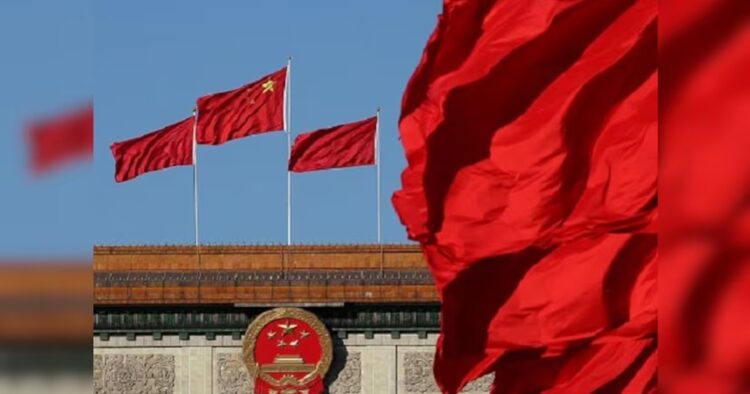In China, a lot of people, mainly aged 18 to 59, are facing serious financial trouble because of the debts they took on during the Covid pandemic and strict lockdowns. One example is Zhang Congzhi, a businessman who borrowed money a few years ago when online loans were easily available. Now, he owes over 100,000 yuan (about USD 13,700) and is struggling to repay.
Due to China’s economic challenges and high unemployment, more people are finding themselves in debt. Those who can’t repay are getting blacklisted, making it hard for them to get new loans or even work as civil servants. Being on this list also restricts them from various economic activities like using toll roads, buying airline tickets, and making mobile payments.
The situation is worsened by the fact that many people in China, whose consumption has grown faster than their salaries, don’t fully understand the risks and costs of borrowing. Unlike Hong Kong, where people are familiar with low-interest loans, mainlanders may struggle when facing cash flow difficulties and high-interest debts.
The real estate sector, which has been a significant driver of China’s economy for the past 30 years, is now facing problems. With big property developers like Evergrande and Country Garden going bankrupt, the cash flow from this industry has dried up. This has led to a shrink in people’s wealth, making it difficult for them to afford high mortgage payments.
In the past, private enterprises in China could borrow from each other, reducing their reliance on banks. However, the last three years of the COVID pandemic and the US-China trade war have resulted in a significant reduction in businesses. Many enterprises are now cut off from cash flows, contributing to a growing debt crisis.

















Comments